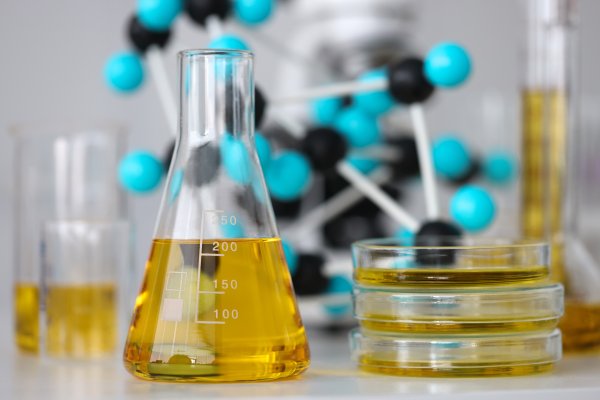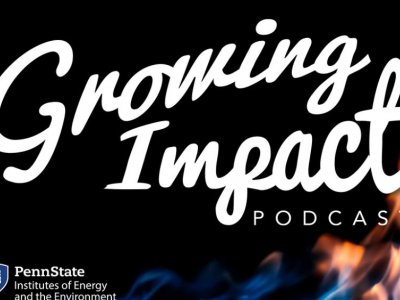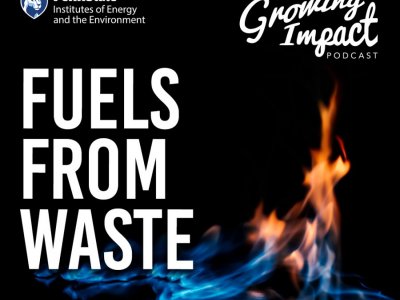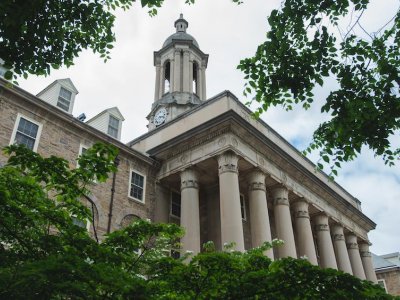
A critical component of deep decarbonization is the valorization of agricultural and municipal wastes into bioproducts. This work will lay the foundation for tighter integration between biomass conversion to solid bioproducts and the products’ end use by using atomistic-scale computational methods, materials characterization, and fundamental combustion experiments to quantify the intra-particle transport properties in bioproducts. For example, thermochemical conversion of biomass through pyrolysis, gasification, or hydrothermal carbonization can result in a high energy density solid biofuel to replace coal. However, the combustion behavior of these biofuels' ignition delay time, flame temperature, burnout time, and emissions – depends on the microstructure of the particles, which determines the rate of heat and mass transport in the particle. Improving the connections between feedstocks, conversion processes, and desired combustion performance could lead to dramatic increases in process efficiency and net-negative CO2 fuels. This work will initiate a new collaboration to build the tools to optimize bioproduct synthesis for its end use.
Researchers
Jillian Goldfarb








